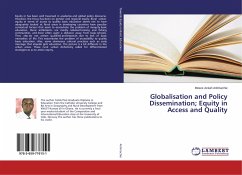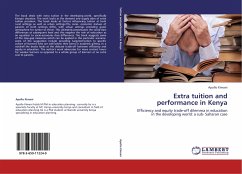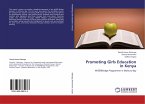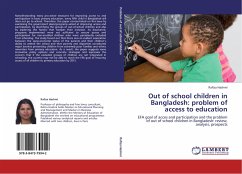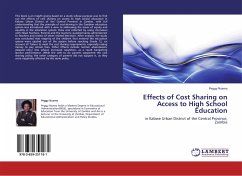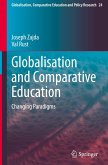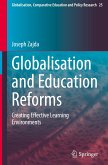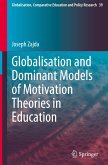Equity in has been well traversed in academia and global policy discourse. However, the focus has been on gender and regional equity. Rural -urban equity in terms of access to quality basic education seems not to have adequately looked at. Rural areas in developing countries have peculiar contextual factors that seem to exacerbate the problem of inequity basic education. Rural settlements are mostly isolated farming and fishing communities and most often quite a distance away from basic schools. They also do not attract qualified professionals due to lack of basic necessities of life. This exacerbates the problem of accessibility to quality basic education. Also, some obxineous cultural practices such as early marriage that impede girls' education. The picture is a bit different in the urban areas. These rural -urban dichotomy called for differentiated strategies so as to attain equity.
Bitte wählen Sie Ihr Anliegen aus.
Rechnungen
Retourenschein anfordern
Bestellstatus
Storno

